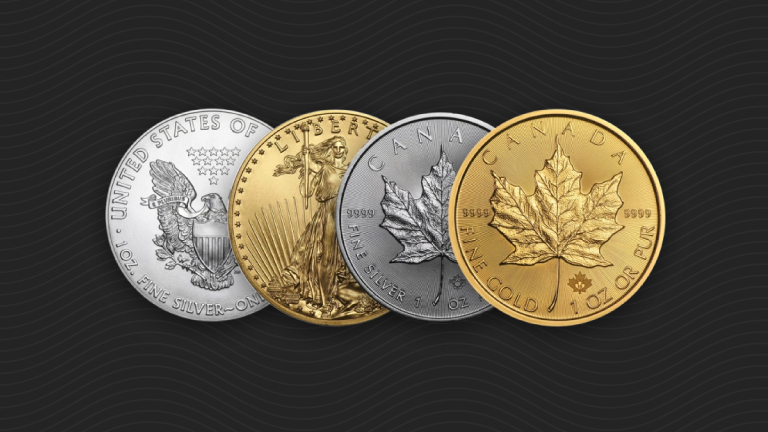Florida Gold Scammers Busted; Watch Out for Gold Loans
The Commodity Futures Trading Commission (CFTC) banned four Florida companies from trading precious metals last week. The companies were alleged to have committed fraud by promising to transfer precious metals that customers never actually received. $7.8 million were scammed from unsuspecting victims. The CFTC reached settlements with each business, though the companies never admitted their guilt.
So how did these companies manage to fleece so much money from would-be gold investors? According to the Sun Sentinel, some of the companies operated through telemarketers that would call their victims and convince them to give a down payment towards a loan to buy gold and silver. The salespeople claimed the metals would either be transferred to the buyers or stored at a depository on their behalf.
This sounds like a textbook example of a leveraged gold scheme. This is when a dealer offers to lend you money on the promise that gold will go up faster than the rate of interest on the loan. In other words, you’ll have to pay interest on the loan, but they promise the return on investment will more than cover that and make you money. The key selling point is that the investor is able to buy more gold and silver than they would otherwise be able to afford.
In reality, if gold drops in the short term, a leveraged gold scheme might require you to send in more money. However, in these cases it sounds like the companies didn’t even bother. Instead, they took their victims’ down payments and never made good on promises to deliver.
Even though these companies were ordered to pay restitution, the Sun Sentinel reported:
Despite the restitution orders, the commission cautioned victims that ‘restitution orders may not result in the recovery of money lost because the wrongdoers may not have sufficient funds or assets.’”
It’s sad, but true. Just because these scammers are busted doesn’t mean their victims will be made whole. These investors should have avoided these businesses from the beginning. Here’s what should have triggered alarm bells for savvy investors:
- The companies convinced customers to buy more gold than they could afford by offering a loan. This is always a dead giveaway that you’re being scammed.
- The supposed loan came loaded with commission fees and mark-up charges. No doubt fast-talking salespeople convinced their victims these fees were reasonable.
- Physical delivery was promised, but not immediately. And in some cases, the metals would be delivered to an unknown private depository.
If you’re ever confronted by a telemarketer offering these things, don’t be afraid to push back. Ask the salesperson if you can simply buy the smaller amount of metals covered by your down payment. Chances are that they’ll try to talk you out of making a more reasonable purchase.
Generally, you want to do business with a company whose name you recognize and that offers you just one promise — low-priced physical gold and silver bullion for immediate delivery. An honest gold broker should never suggest that you go into debt to invest in precious metals. Instead, buy a little at a time and make your acquisitions at a slower rate.
You can read more about leveraged gold scams and other common rip-offs in our special report Classic Gold Scams. Download it for free here.
Get Peter Schiff’s latest gold market analysis – click here – for a free subscription to his exclusive weekly email updates.
Interested in learning more about physical gold and silver?
Call 1-888-GOLD-160 and speak with a Precious Metals Specialist today!

